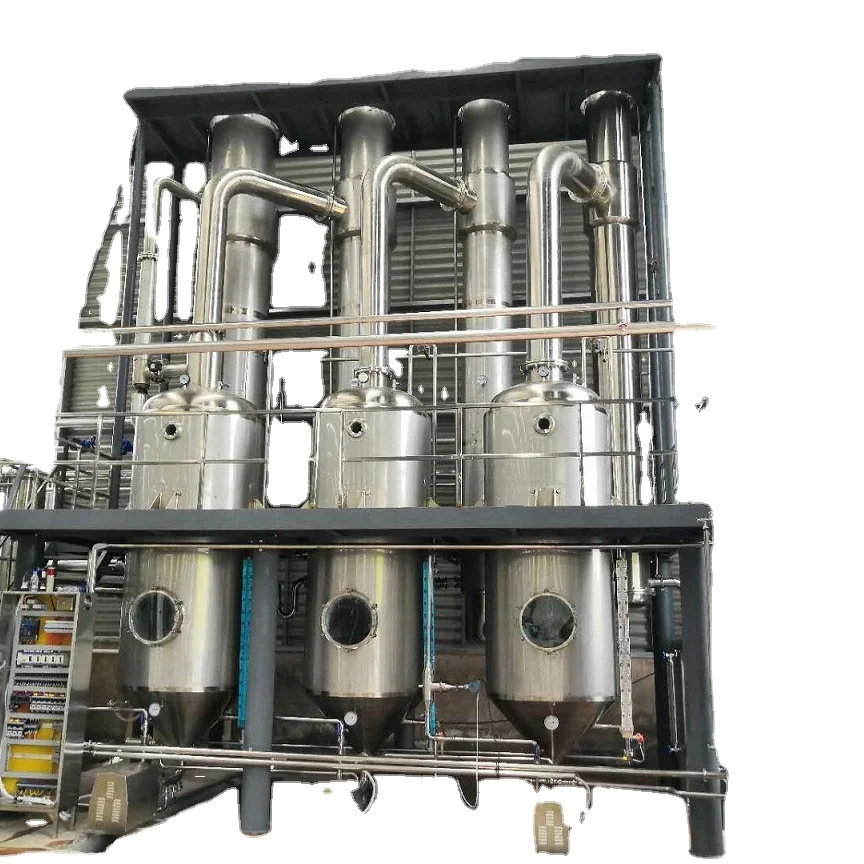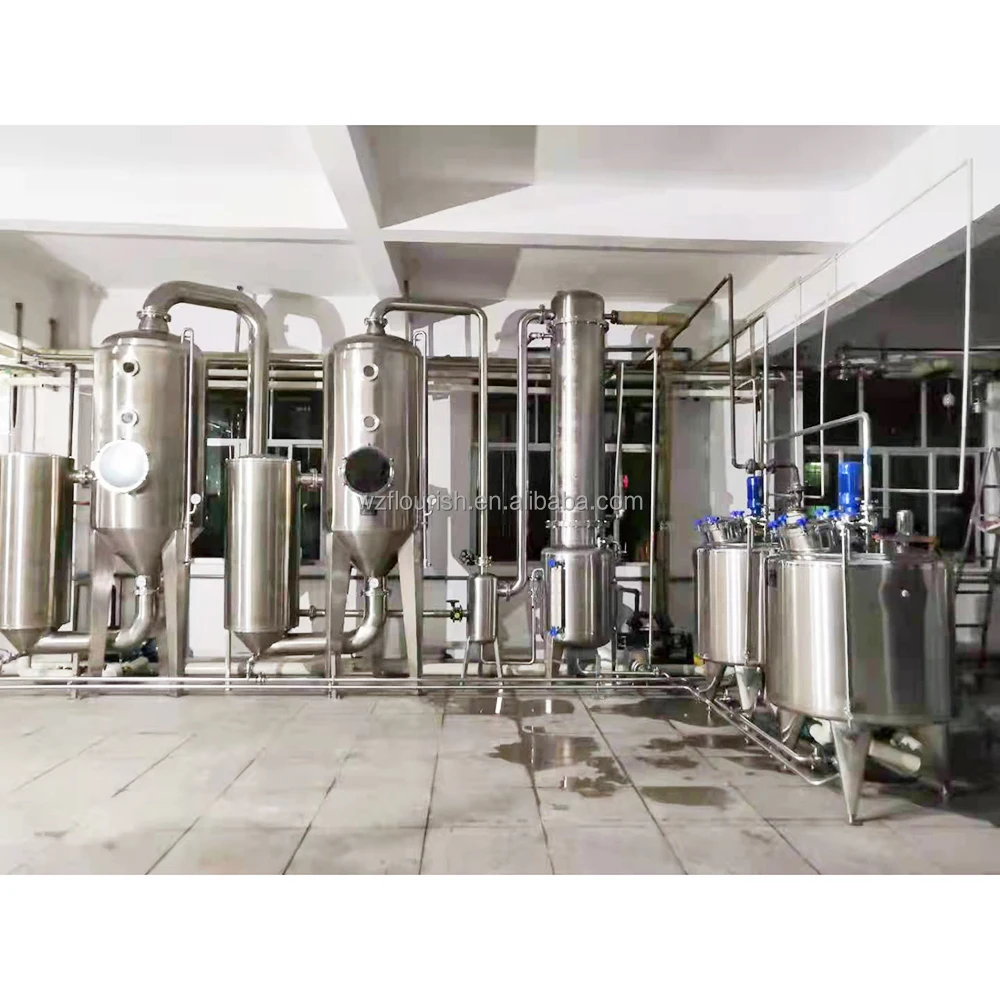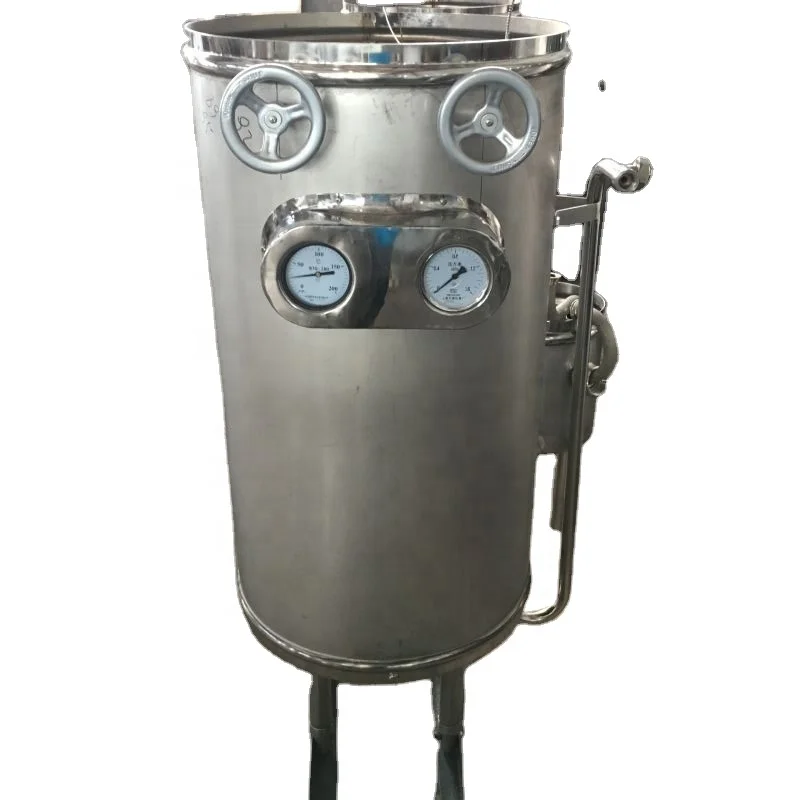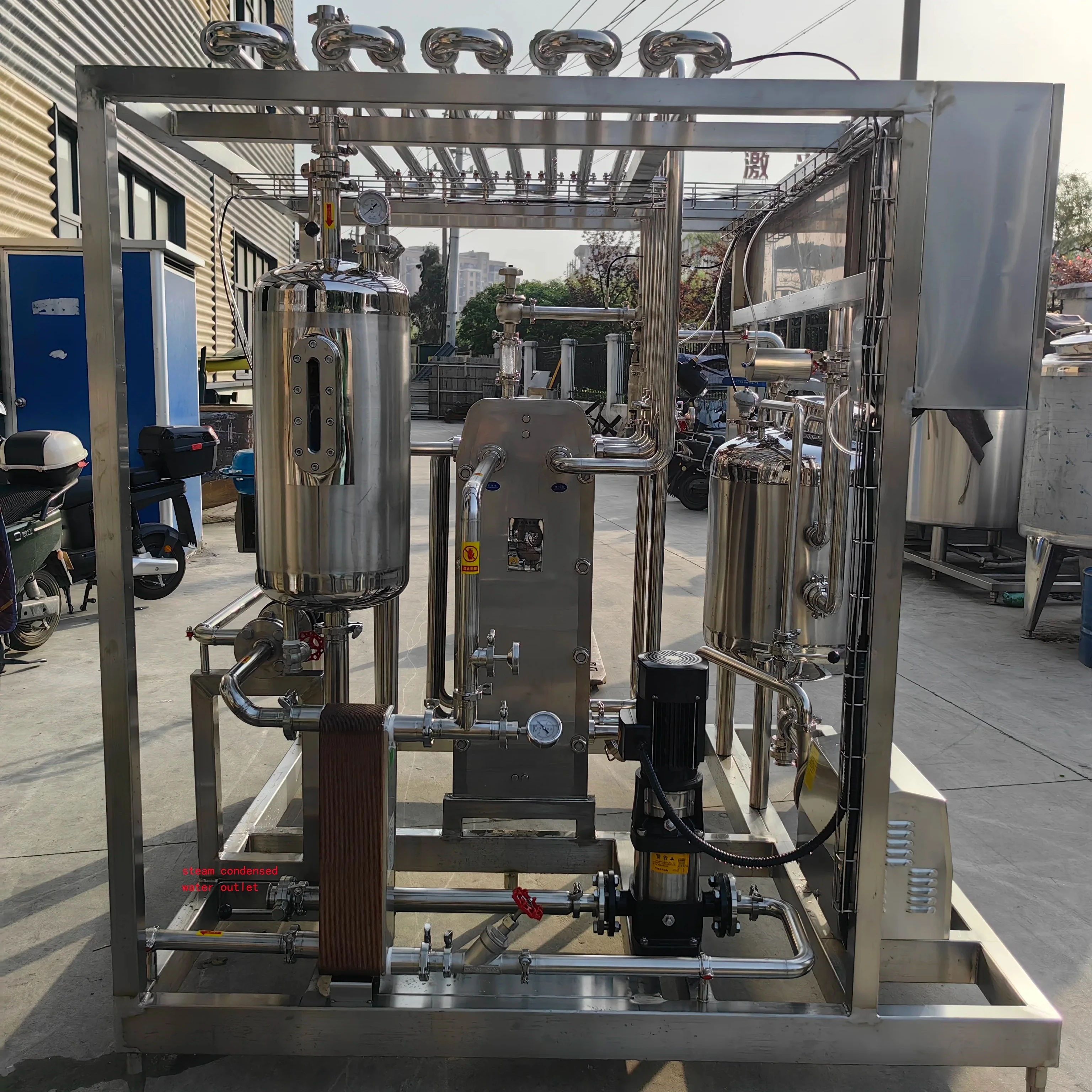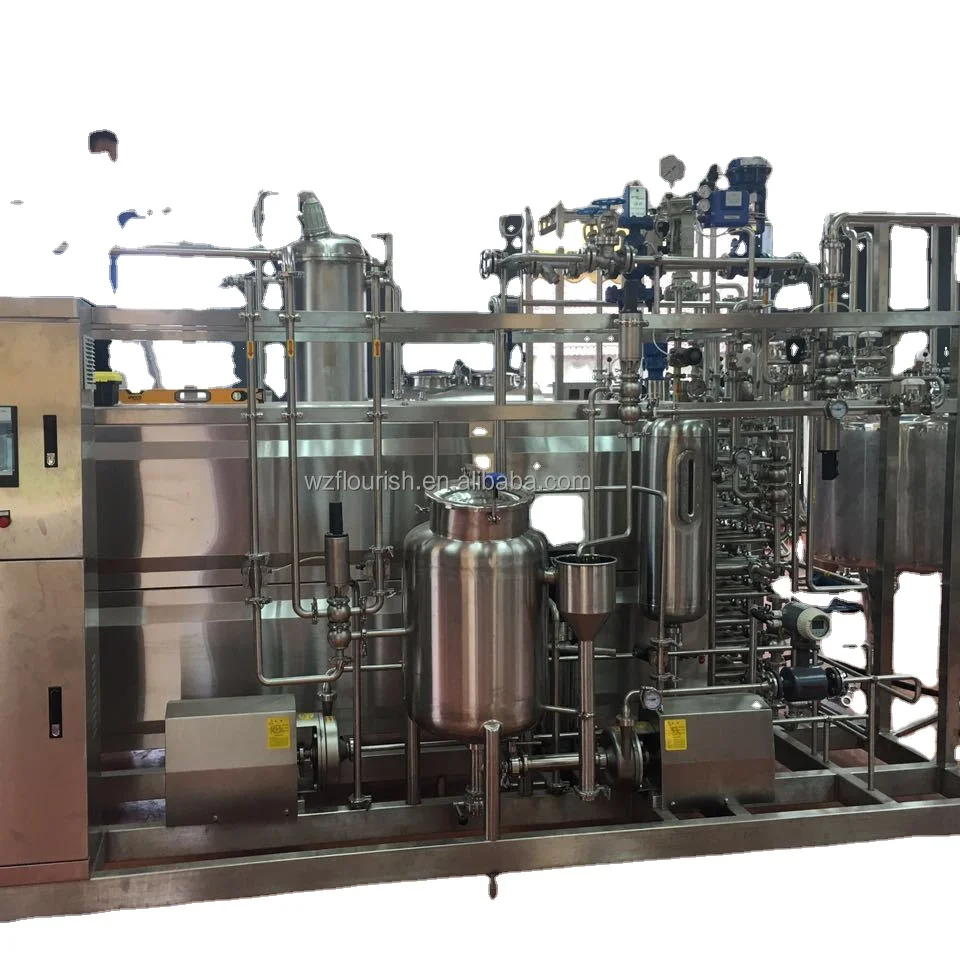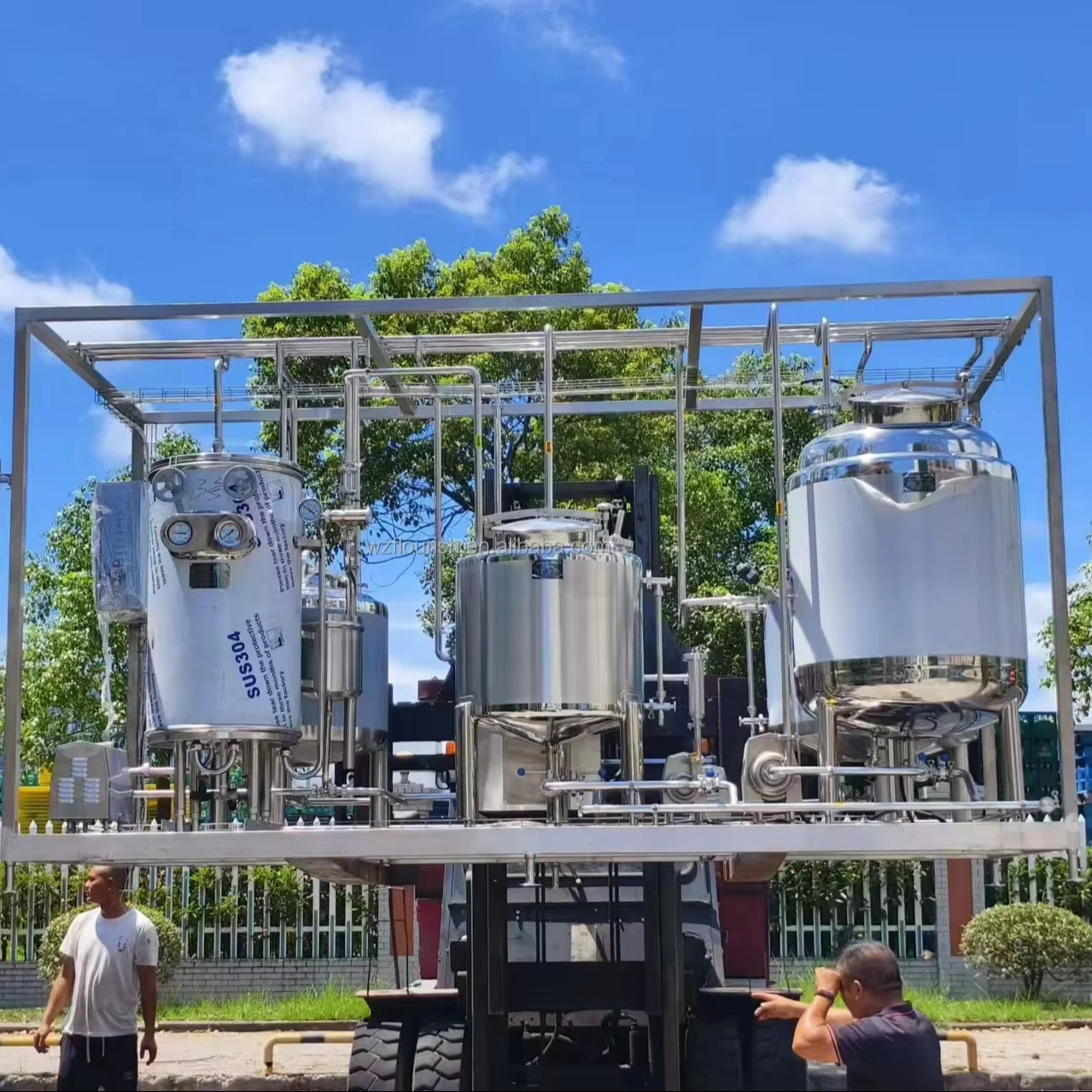ABOUT
Wenzhou Vince Machinery Science Co., Ltd. was established in early 1980s. Our company covers an area of 6500 square meters and is an independent legal representative firm, possessing rich economic technology strength. Our company is a high tech enterprise and plays an important role in national dairy, foodstuff, pharmacy and machinery industries. We are a beverage machinery supplier.
Since the establishment, our company has mainly engaged in dairy products, foodstuff, beverage machinery, bean products, yellow wine, medicines and fermentation projects. What's more, our company supplies a complete sequence services in manufacturing, installation, test and personnel train, as well as the whole direction service design and consulting service on product project construction or enlargement artistic distribution engineering sets budget.
PRODUCTS
Exploring the Magic of Fermentation Tanks
The Science Behind the Steel
At the core of fermentation lies the controlled activity of microorganisms, primarily yeasts and bacteria. These microscopic workhorses consume sugars and other substrates, converting them into a range of desirable products, including alcohol, acids, and gases. The fermentation tank provides the ideal environment for this process, carefully regulating temperature, pressure, and oxygen levels. This precise control is critical; even minor fluctuations can significantly impact the final product, influencing its flavor profile, texture, and overall quality. Different microorganisms thrive under different conditions, allowing for a wide array of fermented products.
The design of fermentation tanks themselves is meticulously engineered to optimize the fermentation process. Materials like stainless steel are chosen for their durability, resistance to corrosion, and ability to maintain sanitary conditions. The tanks often include features like temperature control systems, agitation mechanisms, and sampling ports, enabling brewers, winemakers, and other producers to monitor and manage the fermentation process effectively. The size and shape of the tank can also influence the fermentation, with some designs optimized for specific types of fermentation or desired product characteristics.
The Art of Fermentation Control
While the science provides the foundation, the art of fermentation lies in the skilled manipulation of these parameters to achieve a desired outcome. Experienced brewers, for example, carefully select yeast strains known for producing specific flavor compounds and adjust temperature to control the rate of fermentation and the development of desired aromas. Winemakers might employ techniques like *malolactic fermentation* to soften the acidity of a wine, altering its overall taste profile. Even the seemingly simple act of choosing the right raw materials significantly impacts the final product, influencing the nutritional profile and character of the fermented goods.
The monitoring process is crucial. Regular sampling and analysis allow producers to track the progress of fermentation, identifying potential issues such as infections or off-flavors early on. This requires a keen understanding of the microbial ecology within the tank and the ability to respond effectively to any deviations from the ideal fermentation profile. This blend of scientific knowledge and intuitive skill is what elevates fermentation from a mere process to a true craft.
Beyond Beverages: Expanding Applications
While fermentation tanks are famously associated with alcoholic beverages, their applications extend far beyond the realm of breweries and wineries. They play a critical role in the production of a wide range of foods, including yogurt, cheese, sauerkraut, kimchi, and numerous other fermented vegetables. These products not only boast unique flavor profiles but also offer potential health benefits due to the presence of probiotics and other beneficial compounds created during the fermentation process.
Moreover, the principles of fermentation are increasingly employed in biotechnology and industrial applications. Fermentation tanks are utilized in the production of biofuels, pharmaceuticals, and other valuable compounds. The versatility of fermentation, combined with advances in genetic engineering and bioprocess technology, continues to expand the possibilities of this ancient technique. The future of fermentation promises even more innovative applications and transformative products, further underscoring the magic contained within these seemingly simple vessels.
SUBSCRIBE
INQUIRY

